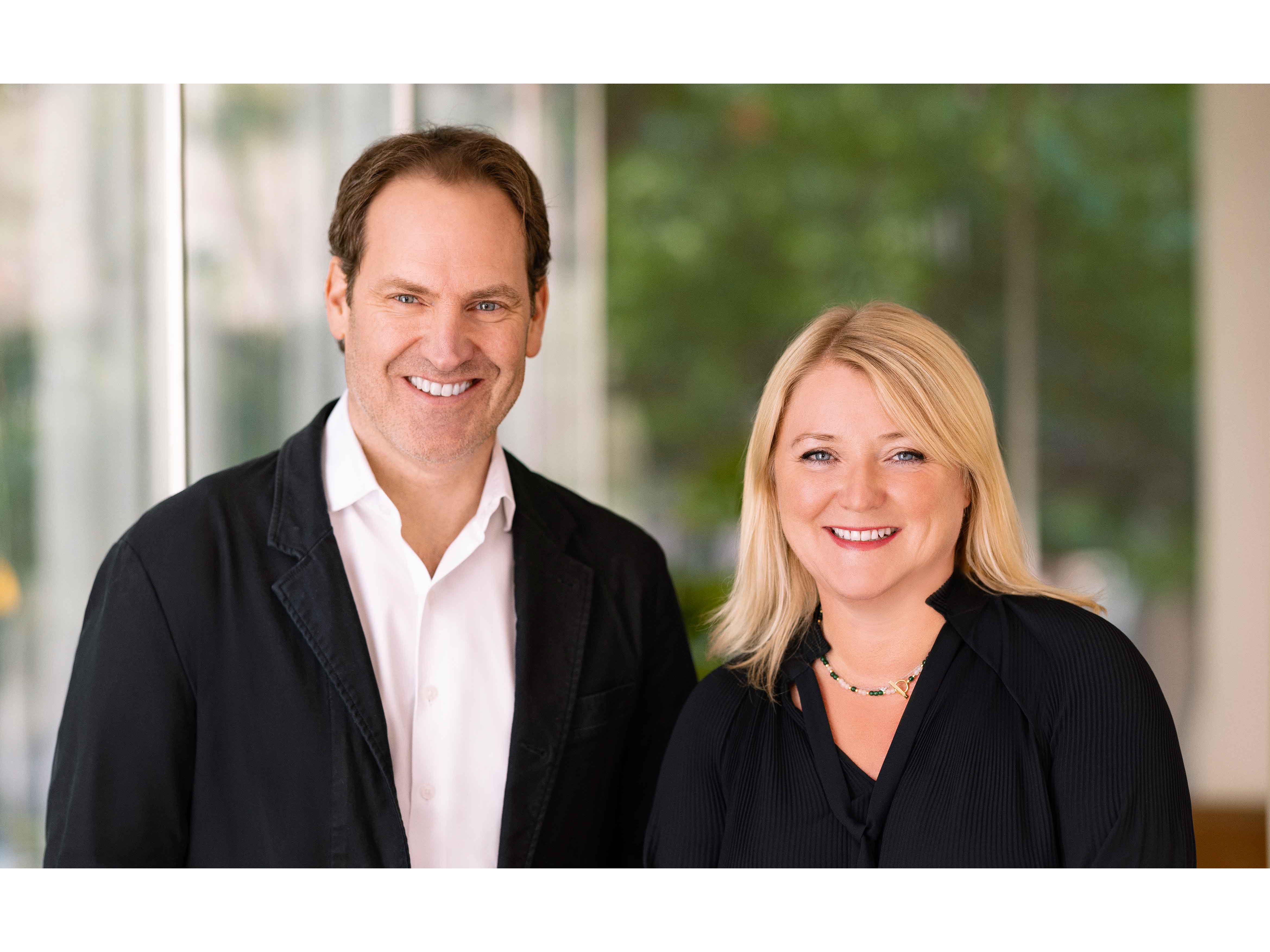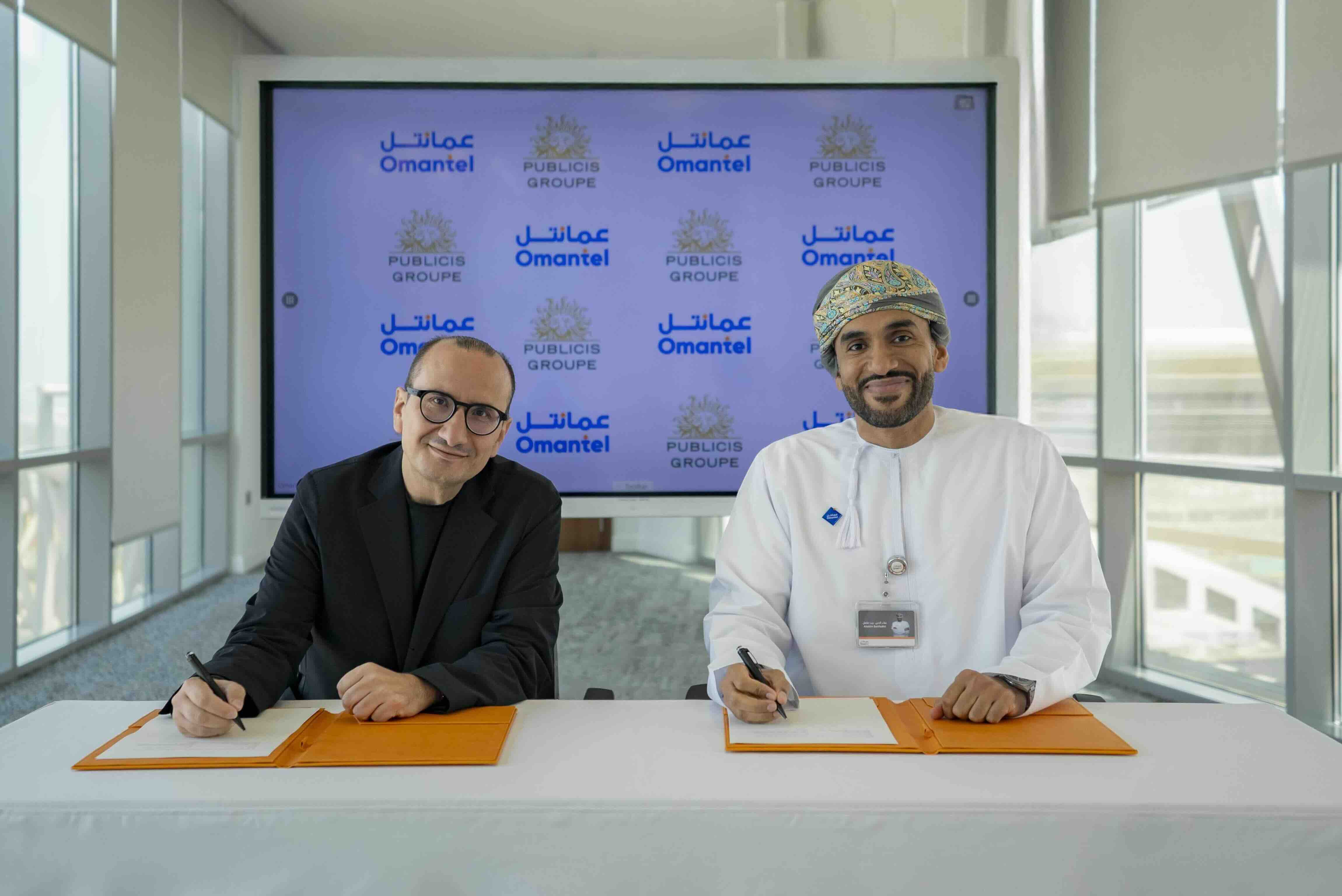News - Digital/Tech
Technology and the pursuit of self-discovery
by Nadim Khoury
July 18, 2023
.jpg) Advertisement
Advertisement'Our lives are enriched with a multitude of tools and applications that seamlessly enhance convenience and efficiency. Take music platforms and streaming services, both rely on predictive algorithms to recommend music and movies based on our past preferences, sparing us the time and effort of searching for new content. While these technological advancements bring simplicity to our lives, they also exert influence over our decision-making process, potentially impeding our journey of self-discovery.
As a result, we often find ourselves reluctant to venture into the unknown or make choices that lie outside our comfort zones. The shield of convenience provided by technology inhibits us from experiencing failures, which are valuable opportunities to learn lessons and engage in self-discovery. This by all means prompts us to ask: are we truly exploring and understanding who we are as individuals in today’s age? Are we truly acknowledging that failure, a vital element of self-discovery, might be compromised as a result?
This question allows us to reflect on our willingness to challenge ourselves and seize the opportunities that lead to a deeper understanding of our identities. And it’s through these moments of uncertainty that we truly learn, grow and transcend the boundaries imposed by technology-driven convenience.
In this context, let’s just imagine that you work in a large multinational company that relies heavily on management softwares and collaboration tools. These technological advancements streamline communication and task management, ensuring efficient teamwork and meeting deadlines. However, the risk lies in becoming overly dependent on these tools, potentially hindering the development of crucial leadership and interpersonal skills.
Shedding the conveniences of these structures, in this scenario, involves venturing beyond the confines of automated processes and embracing the possibility of failure. By doing so, we expose ourselves to valuable insights and lessons that unravel our capabilities, passions and values.
Furthermore and in the pursuit of truly understanding ourselves, we must be willing to confront failure, as it allows us to learn, adapt and refine our paths. Failure is an integral part of the human experience. It helps us build resilience, adapt to adversity, learn from our mistakes and most importantly, bounce back from them.
When technology removes the potential for failure or shields us from its consequences, we miss out on challenges that lead to personal growth. By avoiding failure, we limit our understanding of who we are and what we are capable of achieving. Only by taking risks and embracing failure can we truly uncover our authentic selves.
While the conveniences offered by technology undoubtedly enhance our lives, it is essential to recognise its potential impact on our willingness to embrace failure.
By relying solely on technology to make decisions and remove inconveniences, we can lose touch with the vital process of self-discovery that comes with willingness to experience the unknown, and possibly, failure. It is through these moments of uncertainty and vulnerability that we learn, grow, and understand who we are. Therefore, we must consciously strike a balance between utilising technology as a tool while actively seeking out challenges and taking risks that push us to uncover our authentic selves.
Ultimately, the choice is yours: will you dare to venture into the unknown, embracing risks and failures for the sake of self-discovery? Or will you solely rely on technology for a predictable and convenient life?'



.jpg)










